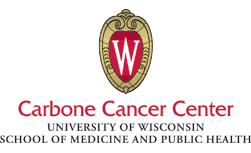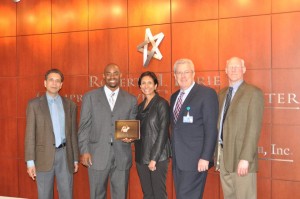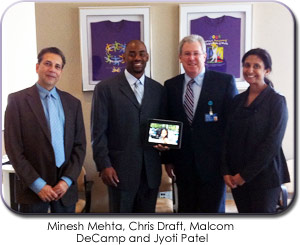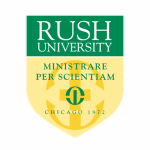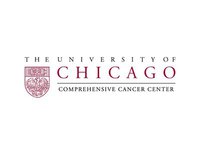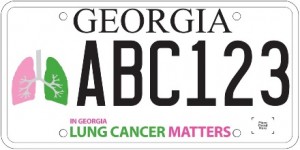Siteman Cancer Center and Genome Institute at Washington University
Friday, April 27th, 2012 Ramaswamy Govindan, MD is the director of the thoracic oncology program at Washington University School of Medicine. He is the principal investigator of several institutional, cooperative group, and other multicenter studies. One of his main areas of research is to use genomics to predict outcomes in non-small cell lung cancer. He has authored and coauthored more than 100 publications in peer reviewed prestigious journals. He is the editor of the ASCO Educational Book, Washington Manual of Oncology, and the Review Book based on DeVita’s Cancer Principles and Practice of Oncology. Dr Govindan received his medical degree at the University of Madras, Madras, India, completed an internship and residency in internal medicine at Michael Reese Hospital and Medical Center in Chicago, Illinois, and was a fellow in hematology/oncology at Washington University School of Medicine in St. Louis, Missouri. He is board certified in medical oncology. Respond and Donate
Ramaswamy Govindan, MD is the director of the thoracic oncology program at Washington University School of Medicine. He is the principal investigator of several institutional, cooperative group, and other multicenter studies. One of his main areas of research is to use genomics to predict outcomes in non-small cell lung cancer. He has authored and coauthored more than 100 publications in peer reviewed prestigious journals. He is the editor of the ASCO Educational Book, Washington Manual of Oncology, and the Review Book based on DeVita’s Cancer Principles and Practice of Oncology. Dr Govindan received his medical degree at the University of Madras, Madras, India, completed an internship and residency in internal medicine at Michael Reese Hospital and Medical Center in Chicago, Illinois, and was a fellow in hematology/oncology at Washington University School of Medicine in St. Louis, Missouri. He is board certified in medical oncology. Respond and Donate

